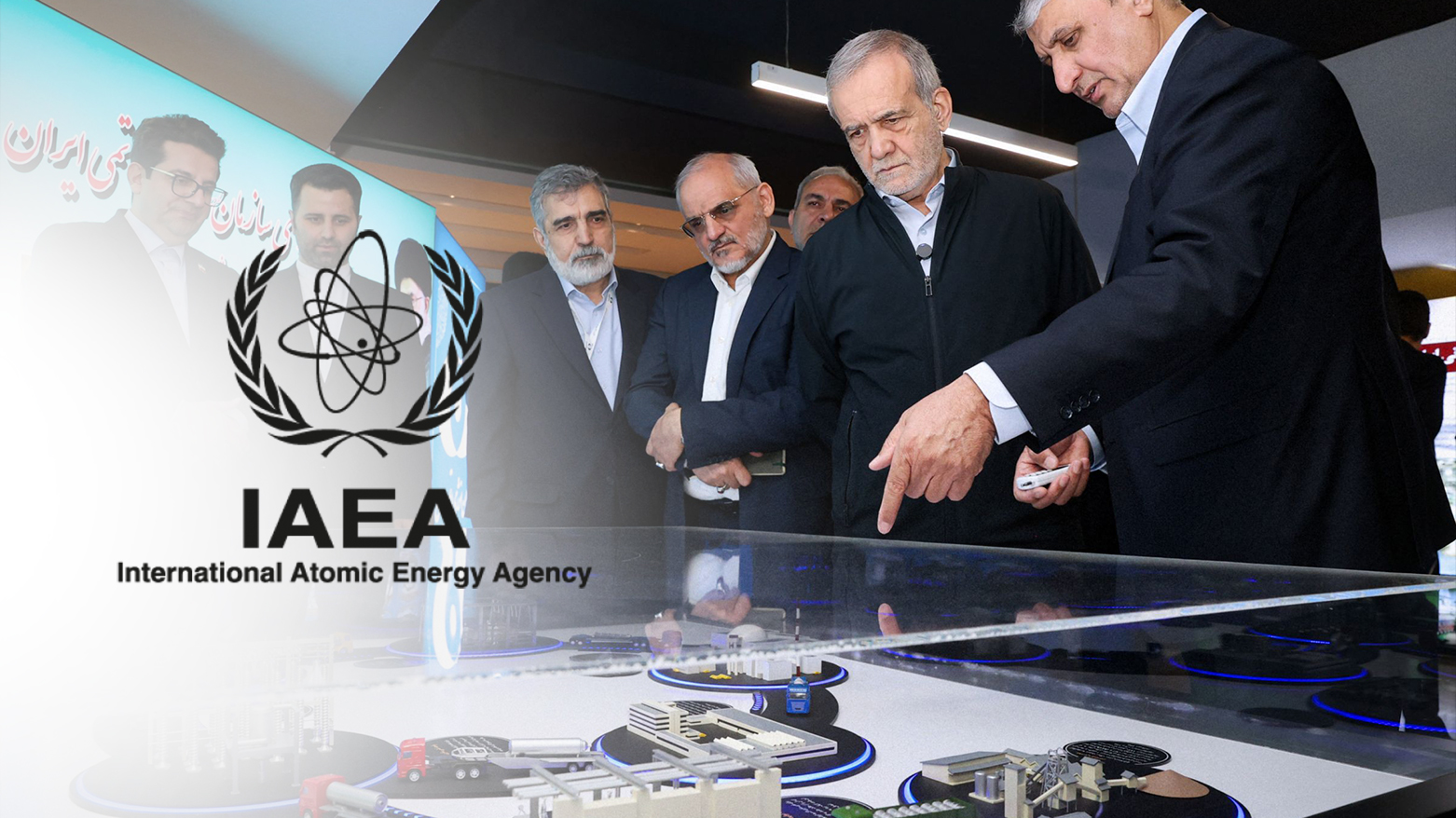IAEA Technical Delegation to Visit Tehran Next Week Amid Strained Nuclear Ties
IAEA team heads to Tehran next week to revive nuclear talks - first visit since Iran-Israel war. Mission seeks new framework but Iran bars facility inspections, citing parliamentary ban. Comes as E3 prepares Istanbul talks amid tensions.

ERBIL (Kurdistan24) – A technical delegation from the International Atomic Energy Agency (IAEA) is scheduled to visit Tehran next week in an attempt to revive cooperation between the Islamic Republic of Iran and the United Nations’ nuclear watchdog, following months of tension and legislative pushback.
According to a report published Wednesday, by The Jerusalem Post, the IAEA team will travel to Iran for the first time since the 12-day conflict between Iran and Israel. The sources cited by the newspaper indicated that the primary purpose of the visit is to re-establish lines of communication and lay the groundwork for a potential future meeting between IAEA Director-General Rafael Grossi and a senior Iranian official.
The visit also comes amid a significant diplomatic shift, with the IAEA delegation hoping to discuss a new framework for engagement, despite Iran’s prior refusal to grant access to its nuclear facilities. While the delegation intends to visit Iran’s atomic infrastructure, Iranian authorities have previously reiterated that no such visits will be permitted under current policy.
On Monday, July 28, Iranian Foreign Ministry spokesperson Ismail Baghaei Kalan acknowledged the upcoming IAEA mission, noting that any continuation of cooperation must align with the latest decision by Iran’s parliament. He confirmed that one of the agency’s officials will visit Tehran in the next two weeks, but clarified the mission would not involve facility inspections.
On July 23, Iran’s Deputy Foreign Minister Kazem Gharibabadi, during his visit to New York, also stated that Tehran would allow an IAEA delegation to visit, but only to engage in discussions on a new operational framework—not to inspect nuclear installations.
The planned visit follows a decisive move by Iran’s parliament on June 25, which overwhelmingly approved a bill terminating all coordination with the IAEA in the wake of recent U.S. airstrikes targeting Iran’s nuclear sites.
The development has drawn sharp responses from Iran’s political media. The hardline newspaper Kayhan, considered close to Iran’s Supreme Leader, recently published a report accusing IAEA chief Rafael Grossi of siding with Israel, calling for his arrest and prosecution.
The backdrop to these developments includes renewed efforts for European mediation, as fresh talks between Iran and the E3—Britain, France, and Germany—are set to take place in Istanbul on Friday. The IAEA’s visit to Tehran is seen as a critical test of whether diplomatic engagement can still proceed in the shadow of military escalation and legislative defiance.